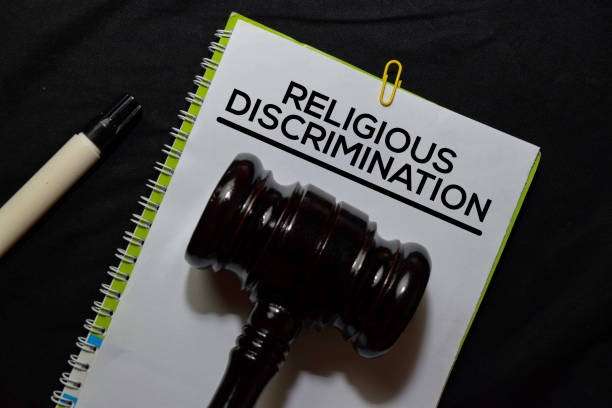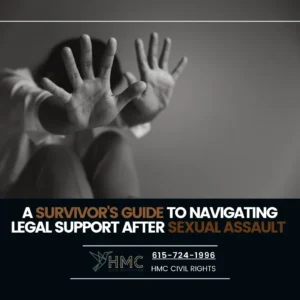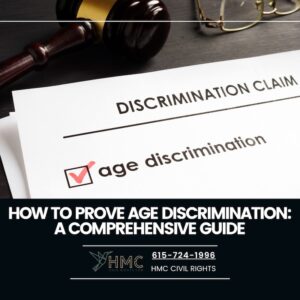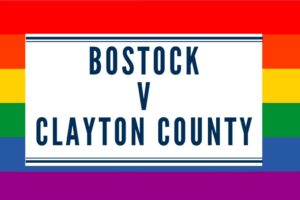Religious discrimination is a form of illegal workplace bias and, unfortunately, is on the rise. Reports of religious discrimination have more than doubled in the last twenty years, making it a serious issue that shouldn’t be taken lightly.
Consider the following from eeoc.gov:
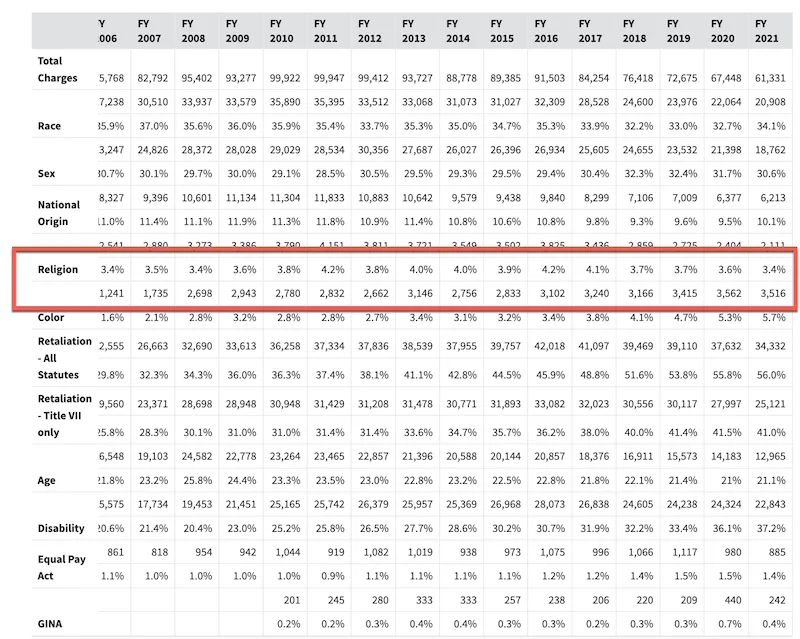
In 2021, there were 3516 cases of religious discrimination. This is nearly three times those reported in 2006!
If you suspect that you have been discriminated against at work because of your religious beliefs, then you need to know what constitutes religious discrimination and your rights.
What Constitutes Religious Discrimination?
Federal laws protect people who belong to traditional, organized religions such as Buddhism, Christianity, Hinduism, Islam, and Judaism. It also protects those who have sincerely held religious, ethical, or moral beliefs.
Religious discrimination can come in one of three ways: Harassment, Disparate Treatment, or Failure to Accommodate.
Harassment
If you are subjected to offensive remarks or conduct about your religious beliefs, it may be considered harassment. The frequency and egregiousness of the remarks or conduct are critically important. The law rarely protects isolated incidents, but if offensive remarks or conduct about your religious beliefs are frequent or severe, it may create a hostile work environment.
If you think you are being harassed because of your religious beliefs, seek professional counsel quickly.
Disparate Treatment
It is illegal if you are treated differently than your co-workers because of your religious beliefs. That is disparate treatment.
Religious discrimination can be very subtle.
For instance, you and another equally qualified co-worker are up for a promotion at work.
You are a practicing catholic who wears a cross necklace and has other religious paraphernalia around your workstation. You nailed the interview, but your co-worker got the job.
The religious symbols have nothing to do with your ability to do the job, but personal biases creep into the mind of the decision-maker. As a result, you are treated differently than your co-worker and miss out on the promotion. That might be religious discrimination.
Disparate treatment based on religious bias is rarely blatant. Like other types of discrimination, the worker must prove she received different treatment because of religious preferences.
Failure to Accommodate
The law requires an employer to reasonably accommodate an employee’s religious beliefs or practices unless doing so would cause undue hardship to the employer’s business.
Accommodations may include shift substitutions or swaps, job reassignment, modifications to physical workspace, or dress and grooming policies.
It is illegal for your employer to fail to accommodate your religious beliefs reasonably.
For instance, you may require shift modifications during Ramadan because you are fasting. Assume you informed your employer why you must change your shift, and the change does not cause the employer undue hardship. If the employer objects to your schedule change or acts against you because of your request, that might be religious discrimination.
As with all forms of discrimination, the facts matter. Be prepared to talk with an employment lawyer about all facts surrounding your employment dispute. The more facts and details you provide, the better a professional can assess your claims and tell you your rights.
Noteworthy
It is worth noting that an employer cannot force you to participate or not participate in a religious activity as a condition of employment. Additionally, religious discrimination can involve treating an employee differently because that person is married to or associated with an individual of a particular religion.
In conclusion, religious discrimination is a serious issue that should not be taken lightly. If you suspect that you have been discriminated against at work because of your religious beliefs, then it is important to understand what constitutes religious discrimination and your rights.
Seek the help of a professional employment lawyer who can help you assess your claims and tell you your rights. Fill out the form below to speak with a member of our staff now!
Remember, it is illegal for an employer to discriminate against an employee based on their religion or religious beliefs. It is important to understand what constitutes religious discrimination and what actions can be taken if it occurs.
By seeking professional counsel, you can ensure that your rights are protected and that you receive fair treatment in the workplace.

At HMC Civil Rights, we are committed to fighting against workplace discrimination and protecting the rights of employees.
Our team of experienced employment discrimination lawyers can help you understand your rights and options and work with you to build a strong case to hold your employer accountable for their discriminatory actions.
If you think you may have been a victim of religious discrimination in the workplace, don’t hesitate to contact us online or call (615) 724-1996 to have one of our team members review your legal matter.
We are here to help you fight for justice and protect your rights.
